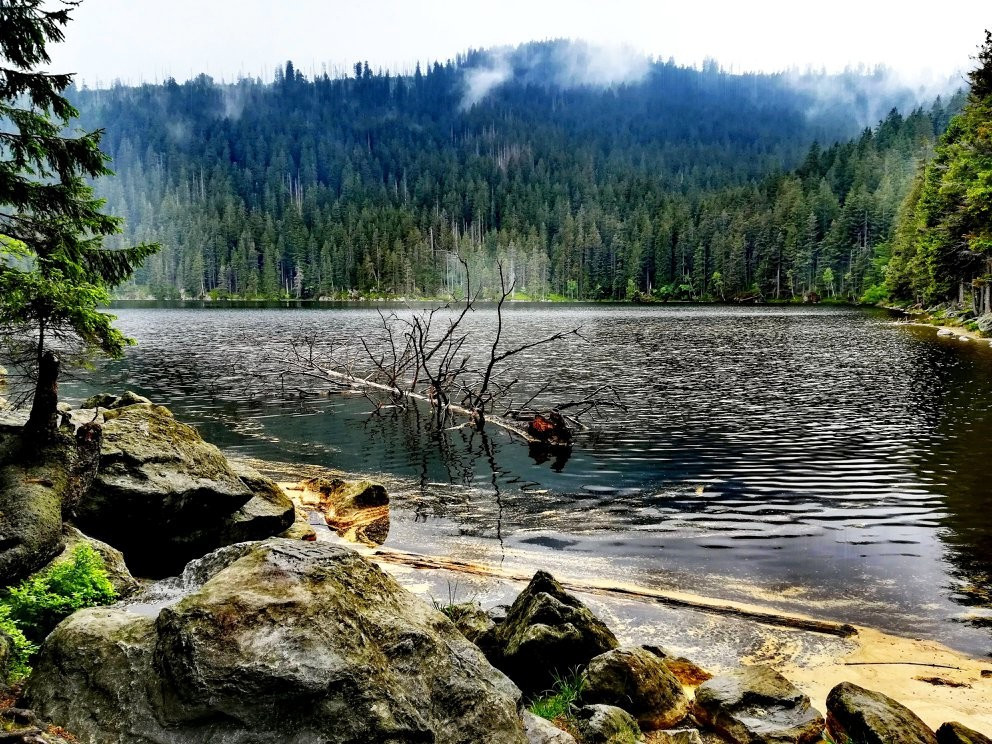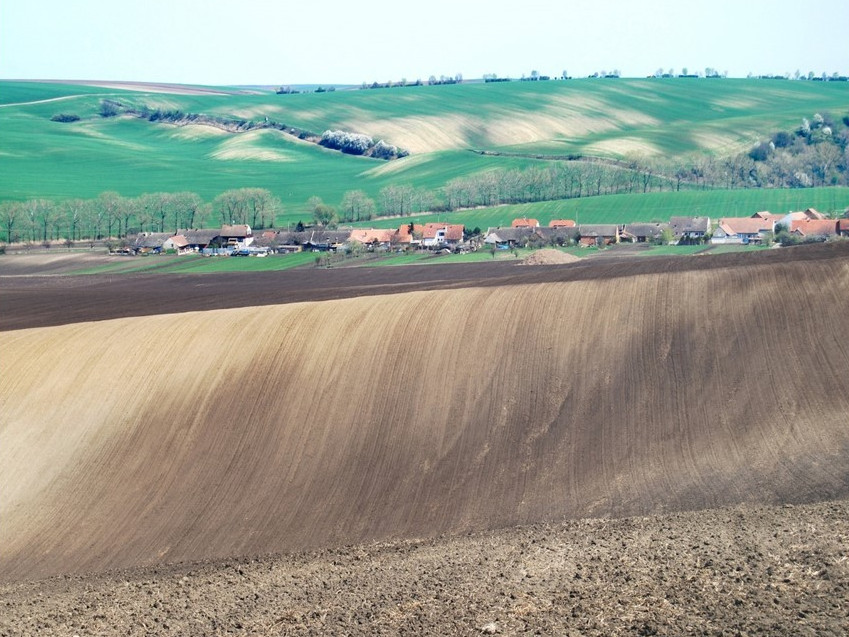An interdisciplinary study on element cycling in mountain catchment-lake systems regenerating from tree dieback
Principal investigator: Jiří Kopáček
(Co)investigator from the Department: Hana Šantrůčková
Funding provider: The Czech Science Foundation
Duration: 2019 to 2021
Project goals:
We will evaluate (1) pools and fluxes of ecologically important elements (N, P, C, S, Ca, Mg, K, Al) in catchment-lake systems regenerating from natural tree dieback, (2) how nutrient availability in soil and deadwood affects tree growths, and (3) how this growth affects soil and water biogeochemistry.
Project description:
Bark beetle outbreak killed many mature spruce trees in unmanaged, acidified catchments of the Bohemian Forest lakes (BF, Central Europe), with the most pronounced tree loss (>90% in 2004–2008) in the Plešné catchment. The tree dieback significantly changed element cycling in soils and waters and affected their biogeochemistry. At present, forest has been rapidly regenerating. Our >20-year long environmental research on the BF catchments (forest, soil, water, climate) provides a worldwide unique opportunity for a complex ecosystem study on the effects of natural forest dieback and regeneration of the individual ecosystem parts. We propose an integrated laboratory and field mass budget studies on (1) C and N cycling in soils and their effects on leaching of other elements (P, S, Ca, Mg, K, and Al) and (2) how these changes affect regeneration of forest and soil microbial community, and chemical and biological recovery of waters from acidification. Modeling will enable projection of these changes to other similarly affected mountain areas and different forestry practices.

- Hits: 8845

